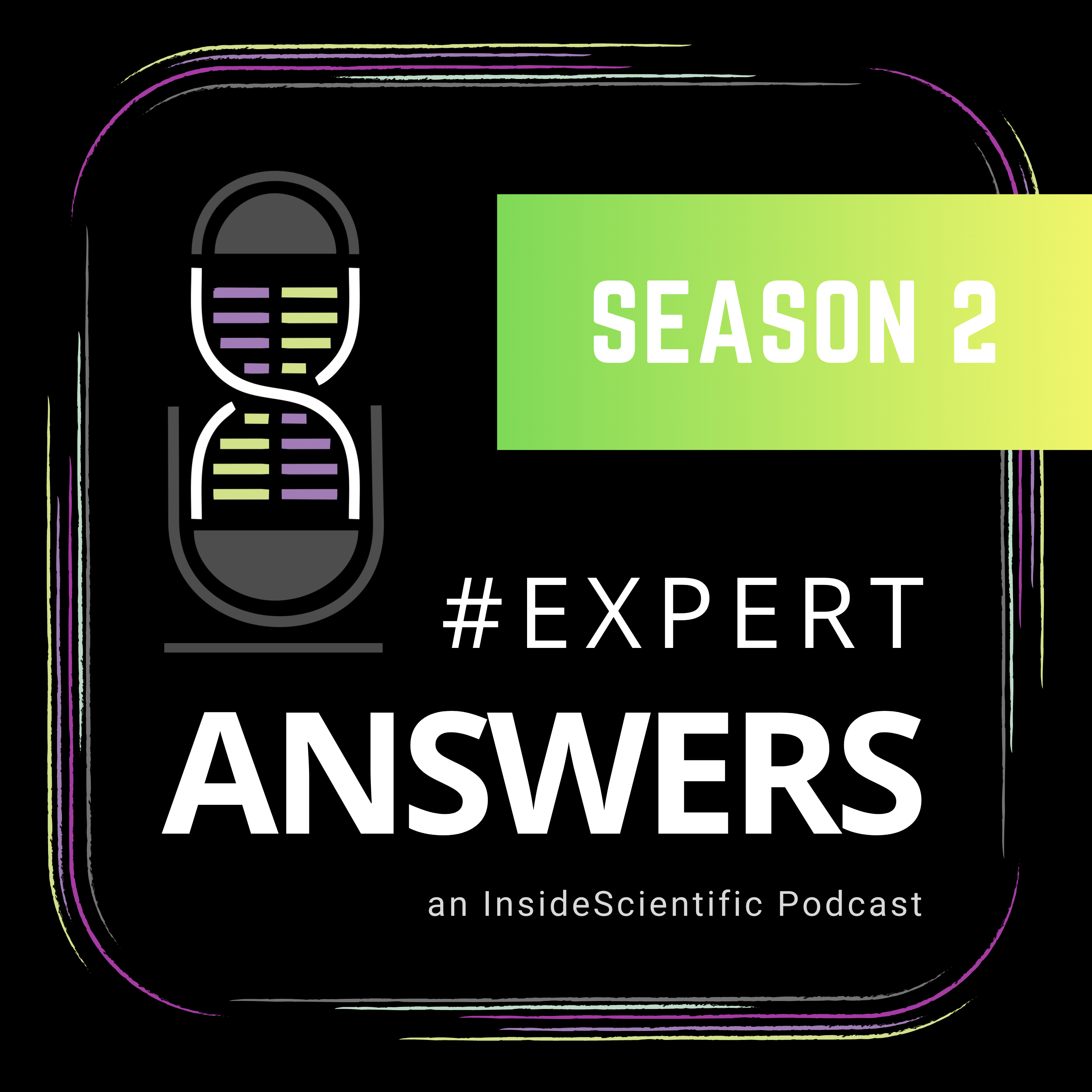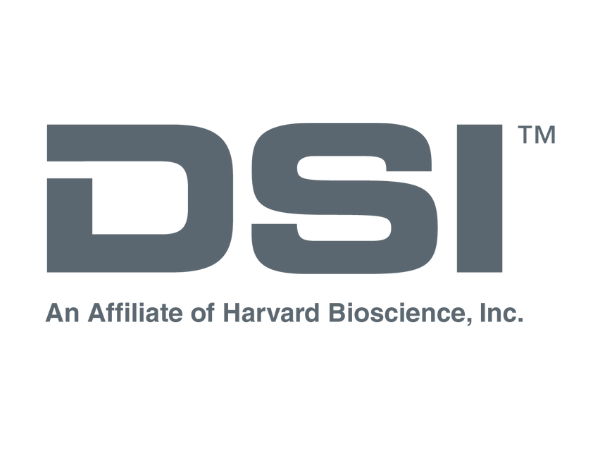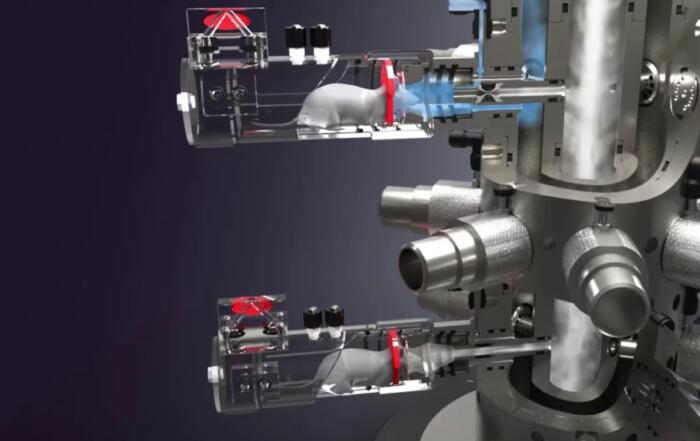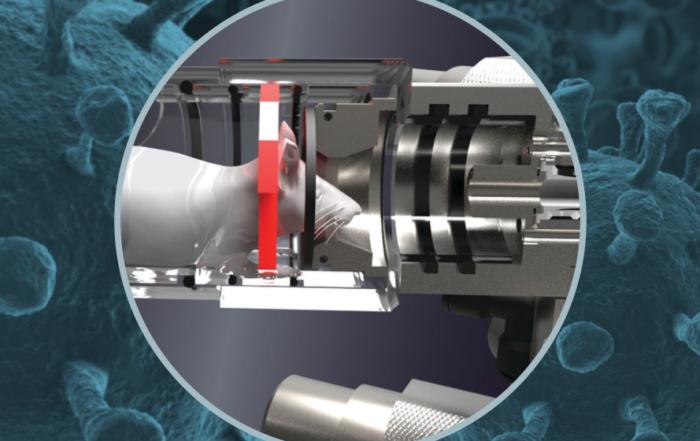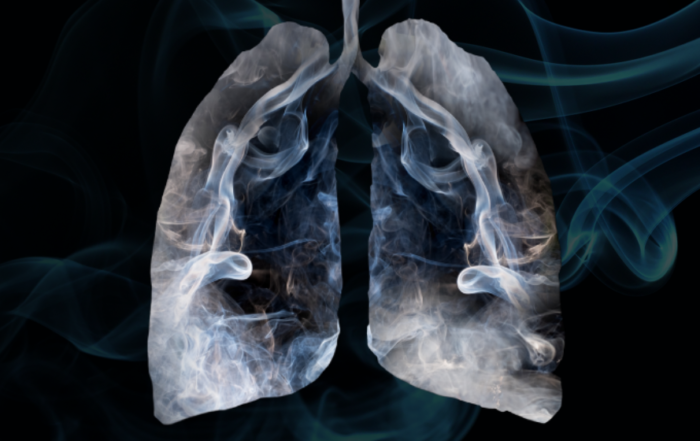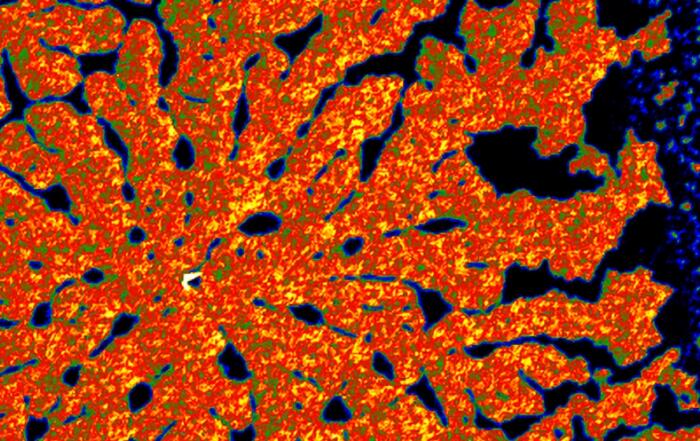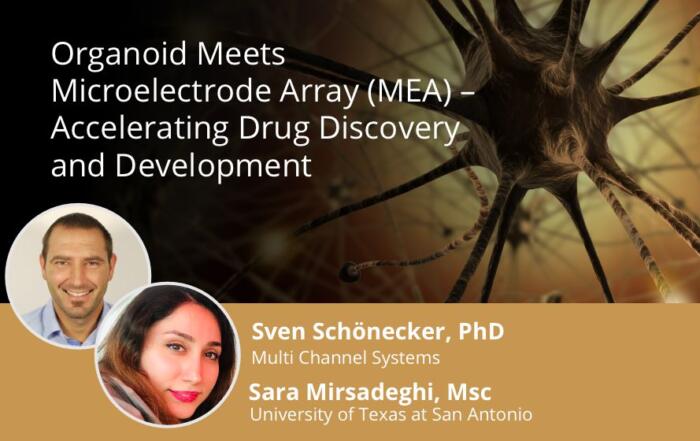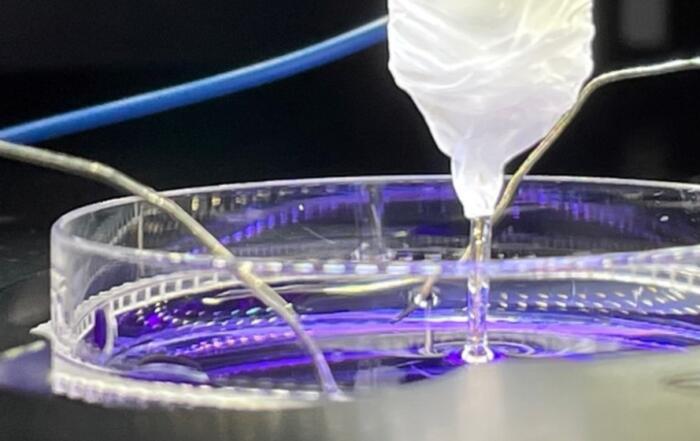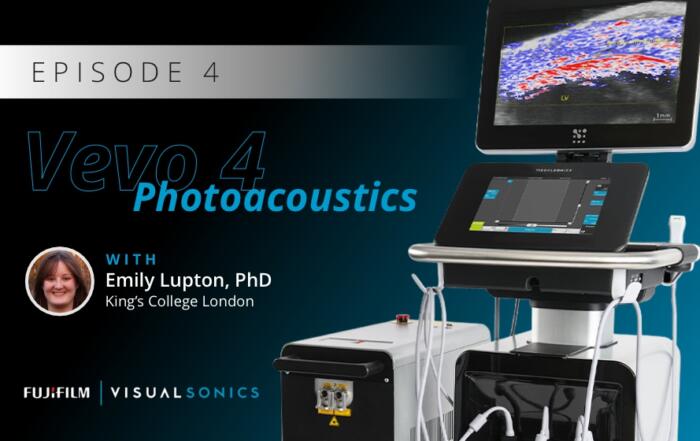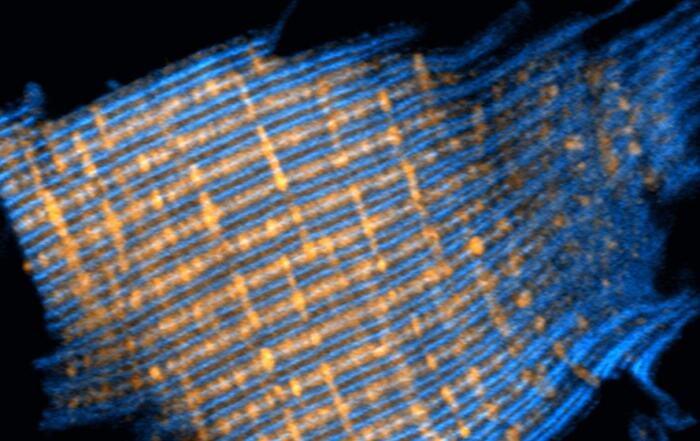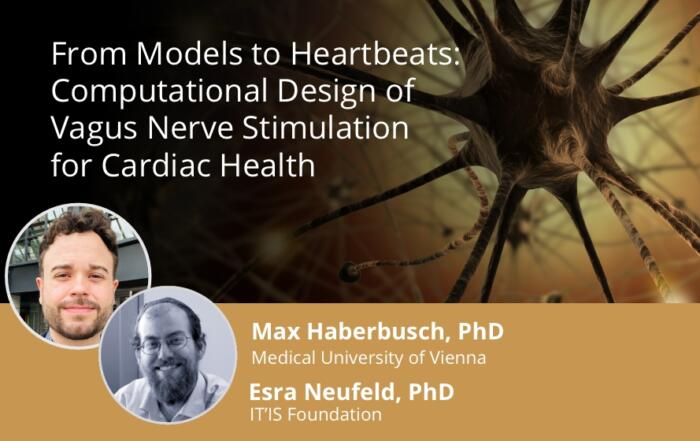An essential webinar for endocrinology, diabetes and metabolism researchers interested in collecting a complete glucose profile via implantable telemetry to minimize animal stress and improve animal welfare.
Historically, diabetes, obesity and metabolism research has focused on acute metabolic testing characterized by infrequent sampling methods. This research contributes critical information regarding glucose metabolism and homeostasis; however, the acute approach and low sampling frequency leaves critical gaps in glucose metabolism research findings.
In this exclusive webinar sponsored by Data Sciences International, we present a new method of continuously monitoring blood glucose via implantable telemetry. Using case studies, we explore how a complete glucose profile can be observed while also reducing animal stress and associated labor for the scientist. Dr. Ralf Dechend (Max Delbruck Center for Molecular Medicine) presents a method of glucose monitoring in a novel pregnant rat model of type 2 diabetes and shares realized advantages pertaining to this new continuous approach. In addition, Christian Schnell (Novartis) discusses the value of continuous glucose data in the application of pharmacokinetics and pharmacodynamics while testing an oncology compound.
Resources
To retrieve a PDF copy of the presentation, click on the link below the slide player. From this page, click on the “Download” link to retrieve the file.
Presenters
Co-Director
Experimental and Clinical Research Center
Max Delbruck Center for Molecular Medicine
Associate Director Oncology NIBR
Novartis in Basel
